This title is an actual four-character-compound that is known by most Japanese.
男尊女卑 (Dan Son Jo Hi) Predominance of men over women.
Recently there has been some controversy concerning a decrepit, past-expiration-date politician, who has historically been looked upon by the common Japanese with palpable distaste while being widely considered somewhat of a moron.

Mr. Yoshiro Mori also proved himself to be quite useless as a short term prime minister, and a poor excuse as the head of the Japanese Olympic committee. All the while running off from his own mouth, creating unpleasantry and disdain for all of those around him.

One took an impromptu survey of several Japanese women about this controversy, over a wide range of ages, and the general consensus was clear.
This is the level of most politicians, so there’s really no reason to pay much attention to them.
Really, the women of Japan, have much more pressing issues on their minds in this changing world than some irrelevant old fart, and the senile nonsense spewing from his filthy trap.
These women are truly busy raising their children during a global pandemic, keeping the household afloat, probably working outside the home, and in many cases taking care of their elderly parents.
Their hands are already full enough without joining this pointless never ending debate.
True to feminine Japanese form, these women shied away from having their picture taken, although the lady on the right managed to get in a peace sign.

Indeed, historically in Japan it was not only women who were treated as inferior, but all of the common Japanese citizens, and this is also embodies in a four-character-compound.
官尊民卑 ( Kan Son Min Pi) Putting officials and bureaucrats above the people.
This mindset is so ingrained into the Japanese psyche, that this is not something the Japanese really give much thought.
Is Japan overdue for a little bit of western style gender equality?
Why not!

Remember, yelling at stupid people won’t change anything.
Indeed, in over three decades of living in countryside of Japan, it is my clear understanding that in order to tackle any systemic issue in Japan, one must go to the underbelly of the beast, which is also know as:
“The System”
What exactly is “The System” one may ask.
It is our ancient culture and society, built upon millennia of form, order, and process.

One believes the common Japanese understand bureaucrats and politicians are only momentary placeholders, and to most they are faceless, mindless bureaucrat, and self-serving narcissists with no purpose in life but to serve their own department and tribe within “The System”.
How can change be effected in Japan concerning this festering issue?
One believes we must laud, honour, and recognize the great women of the past who blazed trails for the modern women, working to make a more equitable system for the daughters of the future.
Many of the important stories of the pioneering women of history have become obscure and their groundbreaking achievement in advocating for women’s rights have been lost in the commotion of the modern world.
Let look at the example of Tsuda Umeko, the 6 year-old daughter of a samurai, who was included in the Iwakura mission to America at the beginning of the Meiji Restoration.
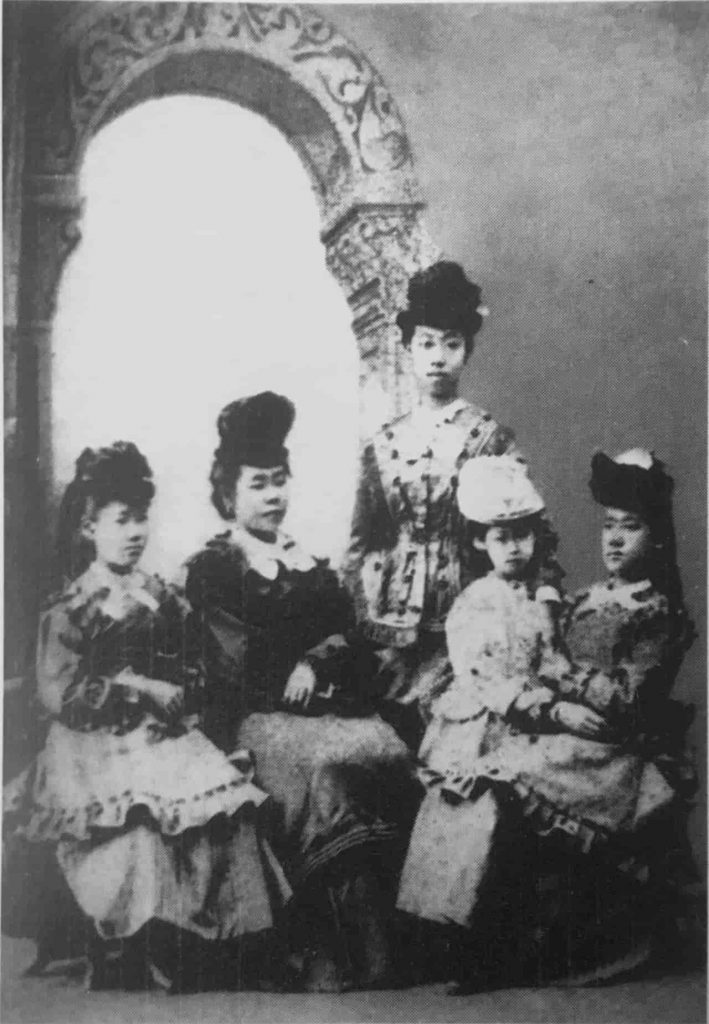
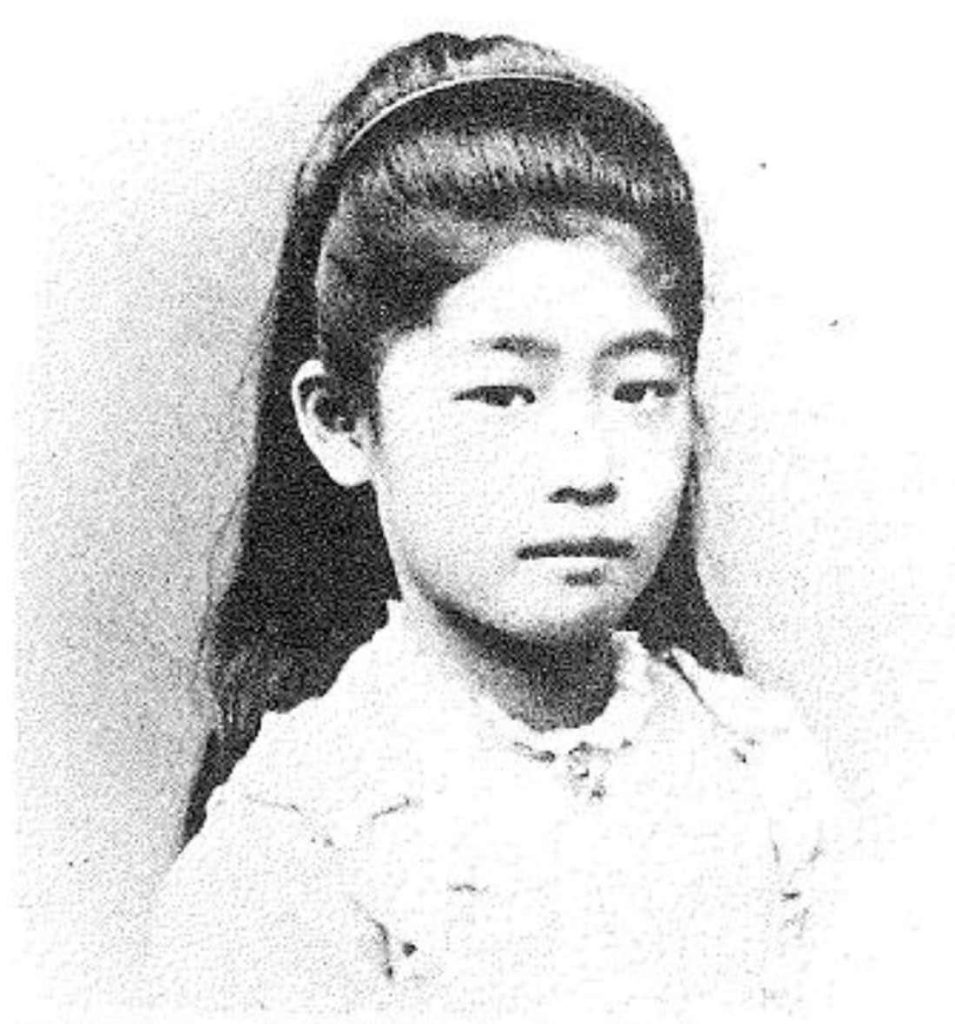
She arrived in San Francisco in November 1871, and remained in the United States as a student until she was 18 years old.
By the time Tsuda Umeko returned to Japan in 1882, she had almost forgotten Japanese, her native language, and experienced cultural problems adjusting to the inferior position of women in Japanese society.
Regardless, with the help of her friends Princess Ōyama Sutematsu and Alice Mabel Bacon, she founded the Joshi Eigaku Juku (Women’s Institute for English Studies) to provide equal opportunity for the education for all women, regardless of their predetermined position in this vertical society..
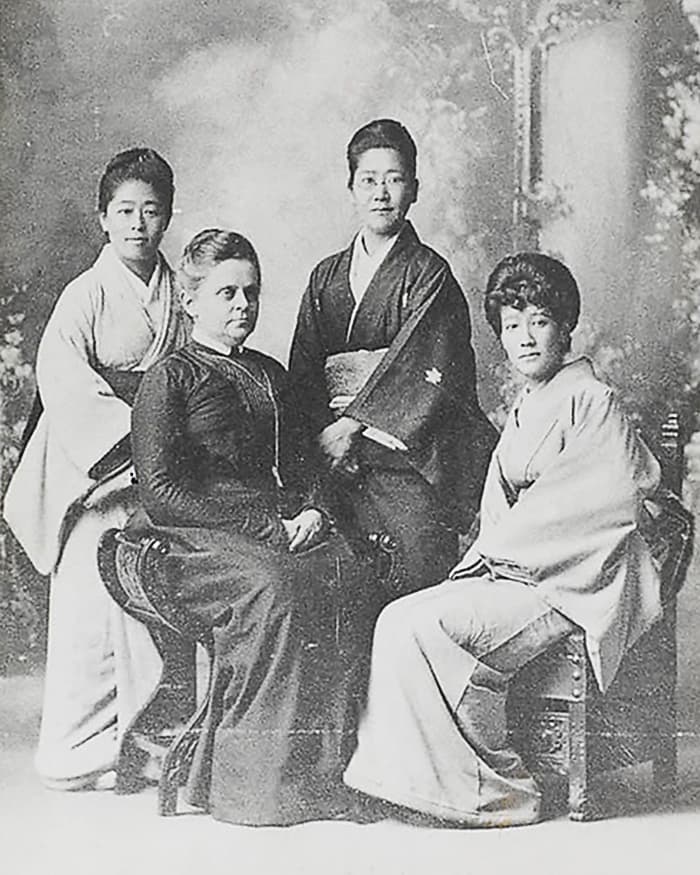
Continuing in the face of adversity and chronic funding shortfall, Tsuda Umeko spent much of her time fundraising to support the school, which ultimately left her in poor health.
Still, unrelenting in her enthusiastic efforts, the school gained official recognition in 1903, and after World War II, the school became Tsuda College, which is one of the most prestigious women’s institutes of higher education in Japan today.

Despite her hardship as a women in Japan, she did not advocate for a feminist social movement.
Her activities were based on her wise and noble philosophy that education should focus on developing individual intelligence and personality.
Which is really the crux of the matter when one come right down to it, is it not?

How does one as an individual, regardless of birth circumstances, take each precious day with the intent to become a better version of one’s own self?
This is the message from Tsuda Umeko, and one that should be taken to heart by all the future women pioneers, in the noble question to achieve equality.

Culture point 1
Thankfully, Tsuda Umeko is now being recognized by the Japanese government for her pioneering work in women’s education and as an icon of the Power of Women, she will be featured on the new Japanese ¥5,000 banknotes to be issued in 2024.

Request:
Please send in your stories of pioneering women from all corners of our earth, and they will be include in updates to this post.
Here we will honour these women and lauded them for their great achievements and praise the sacrifice they made so as for our modern world to a better place for all today.
#1 Alice Mabel Bacon

Born in New Haven Connecticut on February 26,1858, Alice Mabel Bacon was an American writer, women’s educator and foreign advisor to the Japanese government in the Meiji period.
In 1872, when Alice was fourteen, Japanese envoy Mori Arinori selected her father’s home as a residence for Japanese women being sent overseas for education by the Meiji government, as part of the Iwakura Mission.
Alice received twelve-year-old Yamakawa Sutematsu as her house-guest, and for ten years the two girls were like sisters, enhancing each other’s interests in their deeply different cultures.
In 1888, Alice received an invitation to come to Japan from Yamakawa Sutematsu and Tsuda Umeko to serve as a teacher of the English language at the Gakushuin Women’s School for Japanese girls from aristocratic families.
After a year stint in Japan, she then returned to Hampton Normal School as a teacher.
Hearing about one of her students wanting to become a nurse, but was refused entrance into training schools because of her race, Alice established a hospital at the Institute successfully in May 1891.
In April 1900, Alice returned to Japan to help establish the Joshi Eigaku Juku (Women’s English Preparatory School), which was the forerunner of Tsuda College, staying until April 1902.
During most of this period, she assisted Tsuda Umeko on a voluntary basis, refusing monetary compensation except for her housing, obviously having been anointed with a higher purpose.
Based on her experiences in Japan, Alice also published three books and many essays, and eventually came to be known as a specialist of Japanese culture and women.
Along with Tsuda Umeko, Alice wrote an in depth look into womanhood in the Meji era in a book entitled “Japanese Girls and Women”, which was originally published in 1891.
This important and ground-breaking work by Alice is to be remembered, lauded, and passed on, to all who seek to understand equality.
Alice Bacon is a symbol of early modern women empowerment, and embodies the meaning of perseverance.
Thank you Alice Mabel Bacon for your contribution to the advancement of Japanese women.
Bonus: Read these stories of some women of Japan doing their thing, their way.
Massage My Soul
Japanese Women Power: Mercedes Benz Mechanic








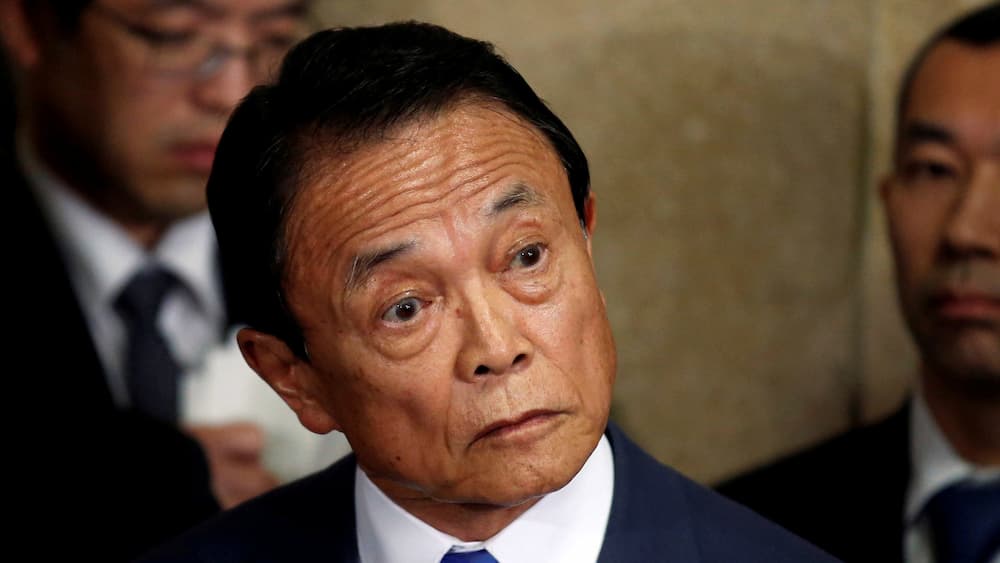



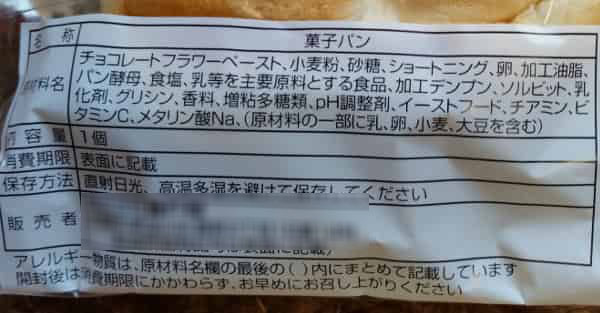





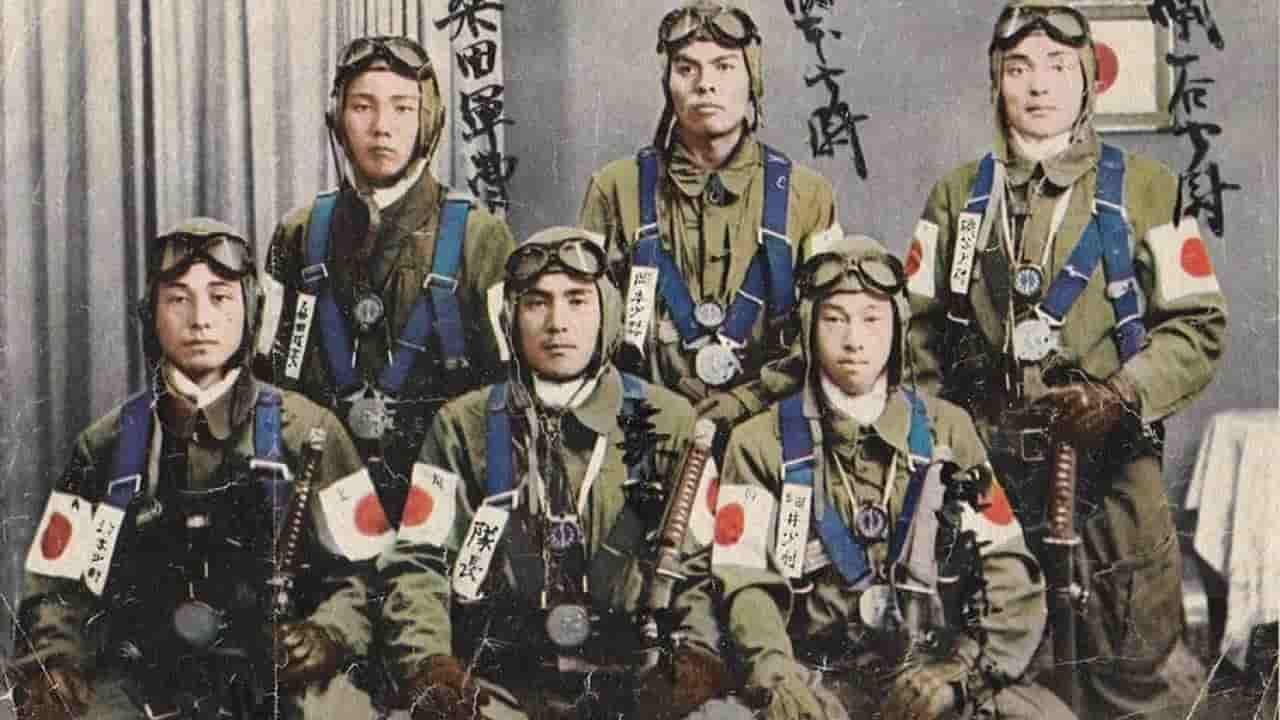
 It was just the other day when one called this dear old friend in the
It was just the other day when one called this dear old friend in the 

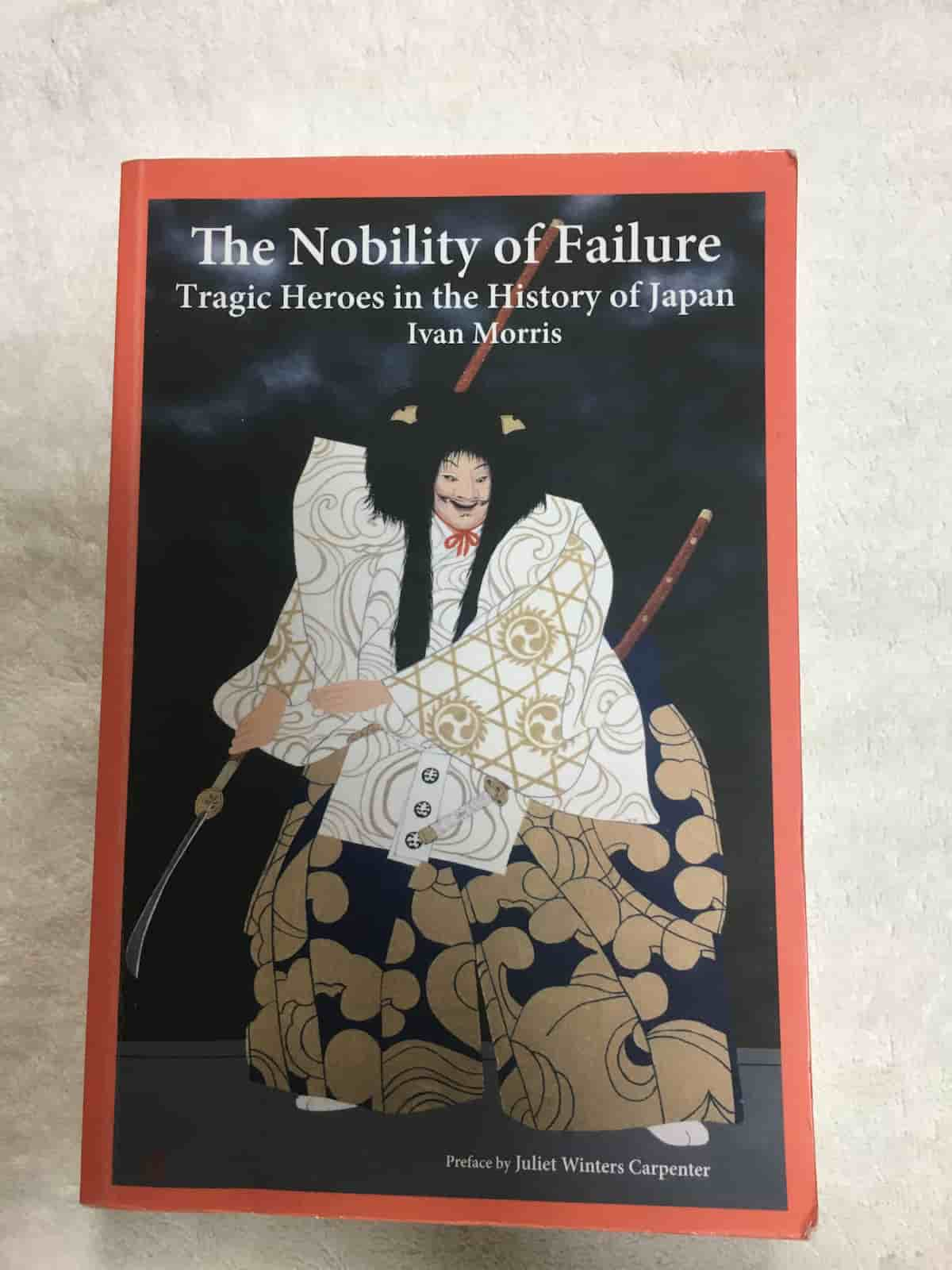
 Hakanai is something to be felt within the depth one’s own soul, and to capture fleeting moments in time forever, is to begin to understand the true meaning life.
Hakanai is something to be felt within the depth one’s own soul, and to capture fleeting moments in time forever, is to begin to understand the true meaning life.
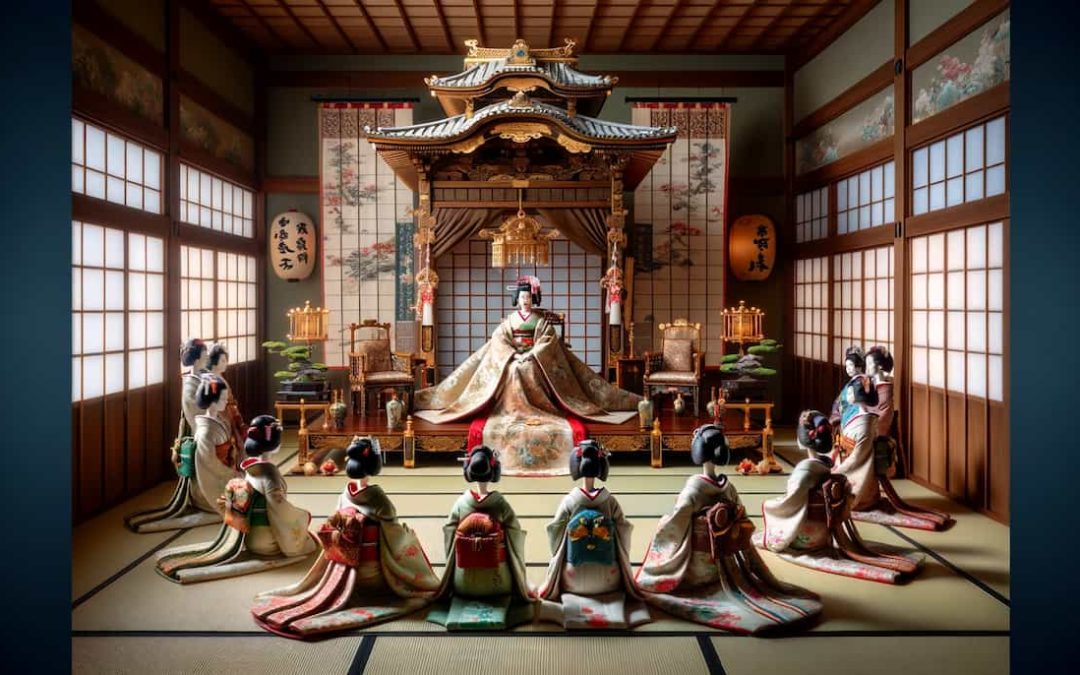













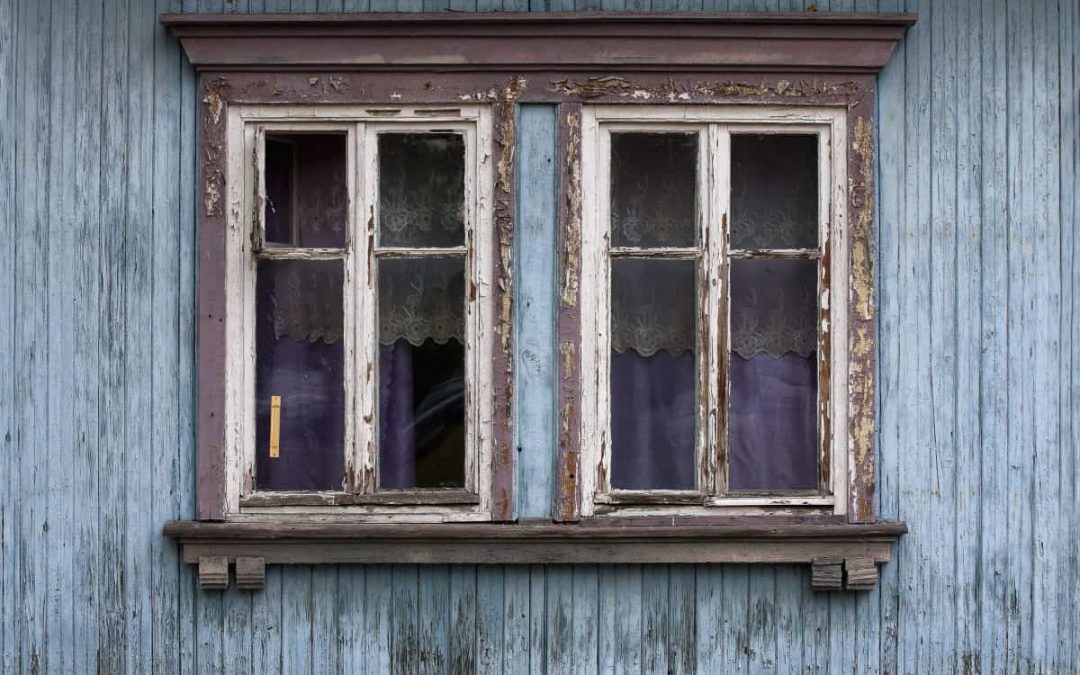
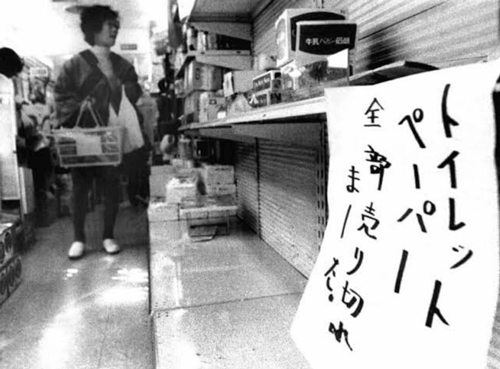


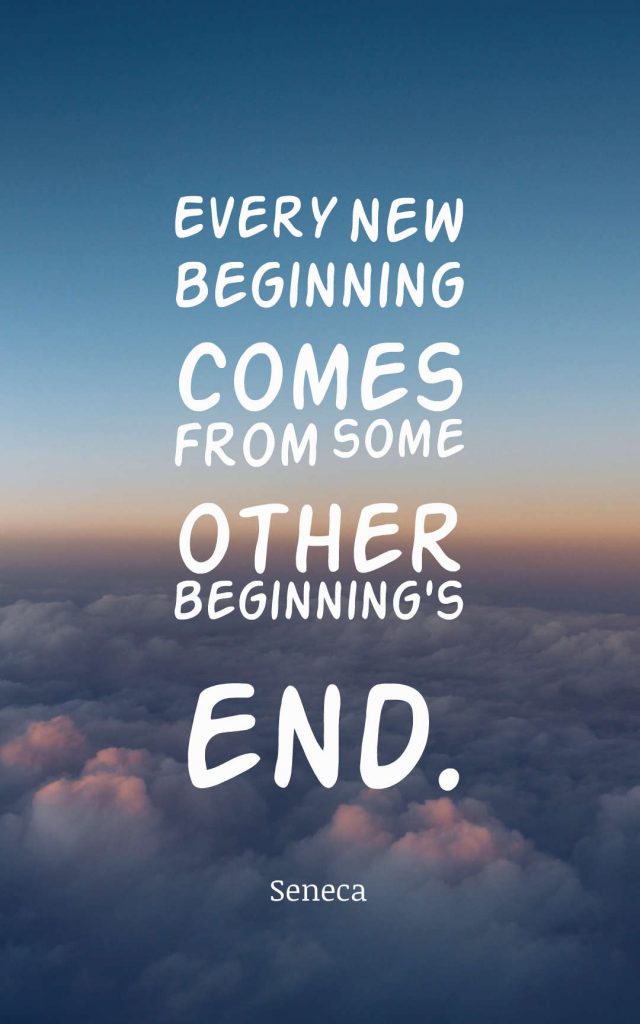

Recent Comments